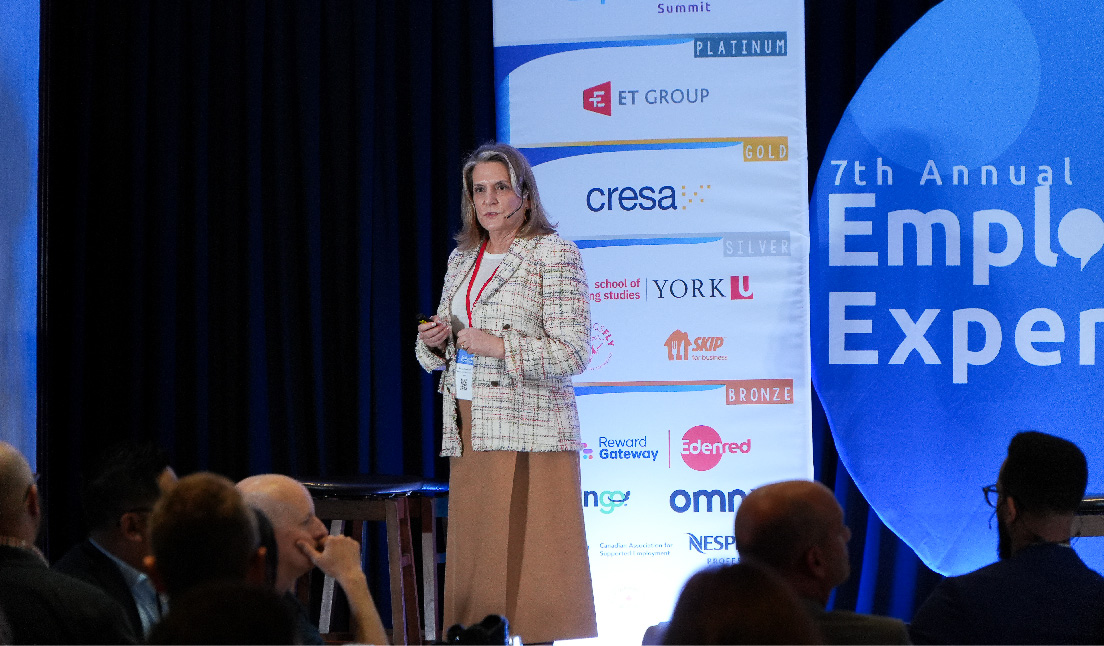The COVID-19 outbreak has turned the world upside-down. Companies are all experiencing massive hits to their collections and cashflows. Everyone is looking at their expenses and thinking, “is there some way I can get a reduction in my rent while we get through this crisis?” Many of Cresa’s clients have already reached out to us as advisors for guidance.
Your lease governs what happens when a casualty occurs or access to your space is denied. But before now, leases didn’t cover a pandemic. How do the clauses which touch on crisis situations protect you? Lease clauses such as Force Majeure, Casualty, Interruption of Services, Condemnation, Default and Security Deposit are all relevant to today’s crisis. Additionally, will your Business Interruption Insurance cover you in this crisis?
1. Clauses related to unforeseen circumstances which cause lack of access:
Force Majeure generally limits the liability of a party in the event of such situations as lockout, labor trouble, civil disorder, inability to obtain labor or materials, failure of power, restrictive governmental laws and regulations, riots, insurrections, war, terrorism, shortages of fuel, equipment, labor or materials, accidents, Acts of God, or any other cause beyond the reasonable control of the party (to name a few) occur. Most Force Majeure clauses are written along these lines:
“No event of Force Majeure shall excuse Tenant’s obligation to timely pay the Security Deposit, the Base Rent, and all Additional Rent and other charges due and payable under this Lease.”
Casualty occurs when a building is damaged (generally physical) resulting in lack of access. Normally there is some provision for abatement of rent after the situation continues for a certain number of days.
Interruption of Services generally sets forth the services a landlord is obligated to provide which can include building security, cleaning services, power, and heating and cooling.
Condemnation normally occurs when a government authority seizes a property, either permanently or temporarily, through the right of eminent domain. We saw examples of this when certain retail space was taken for the construction of the Second Avenue subway stations.
2. Clauses affecting an occupier when they cease paying rent:
The Default Provision addresses what happens if the occupier stops paying their rent, files for bankruptcy, and sometimes even if they vacate the premises.
The Security Deposit clause identifies the amount of security, provides for a reduction of that amount on some occasions, and dictates what the landlord’s rights are to draw down that security in the event the occupier either stops paying rent or defaults under another provision of the lease. Often the landlord can draw down the entire amount of the security deposit if an occupier stops paying rent, even if it is greater than the amount owed.
3. Business Interruption Insurance
While many occupiers carry Business Interruption Insurance, there are often exclusions to what is covered, comparable to the conditions of Force Majeure. We recommend you consult your legal counsel, but barring some level of governmental intervention, we believe it will be difficult to collect on these policies.
The Hard Facts
It is important to understand all the clauses and how they affect you as an occupier in today’s climate.
For example, does a pandemic qualify as Force Majeure? Depending on the specific definition in the lease, it may. But, typically, the Force Majeure clause protects the landlord for failure to provide services or access. Right now, most occupiers can still physically access their space but have chosen not to. Yet in New York 100% of non-essential staff have been instructed to stay home, and national and state emergencies have been declared.
Has a Casualty occurred if an employee of an occupier tests positive for the virus? Most New York occupiers in buildings with positive tests immediately sent their staff home.
Are services interrupted if the building is accessible, the landlord is providing heat, air-conditioning, cleaning, and power, among other services?
What if you decide to stop paying rent entirely? Most default provisions provide that if a tenant defaults, the entire obligation accelerates. Make sure you understand how much security you have posted as the landlord will have the right to draw down the entire amount in most cases.
All these items are open to legal interpretation and we recommend that you consult your attorney in relation to your lease. We all need to understand that we are in uncharted waters. The best approach is to have an open dialogue with your landlord about the current situation and how it is affecting you. It is best to be prepared to discuss your financial situation and show evidence of hardship if you are requesting relief. Sometimes that relief would be in the form of an outright reduction, and sometimes it would take the form of a restructuring with a rent deferral and some type of payback structure. Often other items might be put on the table in exchange for the restructuring like an extension of the term, giving up a termination or renewal right, etc.
New York City, the rest of the state, and most municipalities nationwide, are under a mandatory lockdown. As a result, most occupiers are not using their offices, yet most buildings are still accessible. How long these government restrictions last and how this crisis affects us in the long-term remains to be seen. But in the short-term, there are protective measures we can implement.
Your Cresa advisors are here to help you with any questions or concerns about your lease.
-----------------------------------------
The information provided by Cresa is for informational purposes only and is not intended to be legal advice. We recommend you speak to your attorney regarding legal matters.


